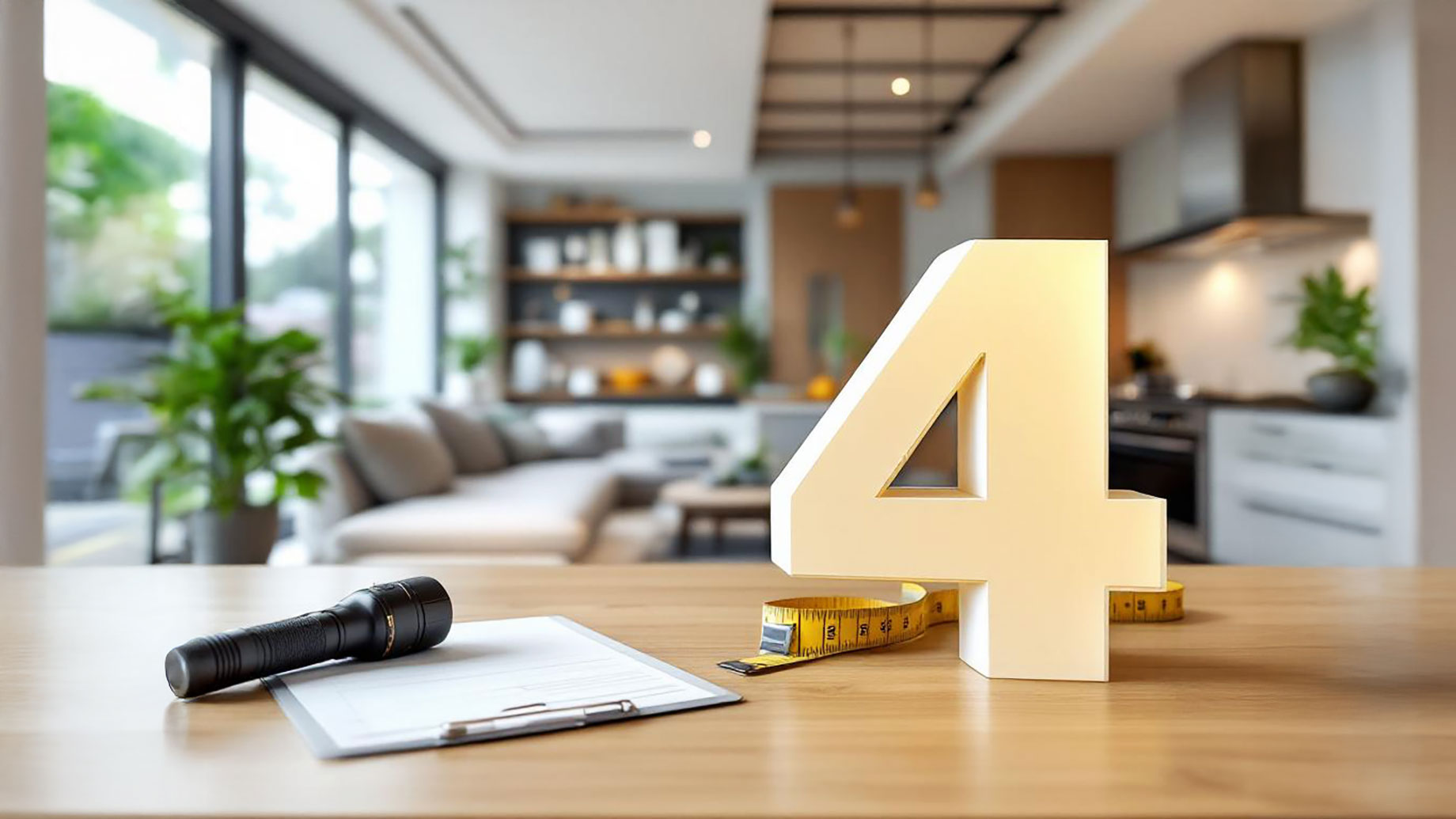
When investing in a luxury property, the stakes are high, and getting it right is crucial. Did you know that about 47% of property buyers regret their purchase due to unforeseen issues? This highlights the importance of performing a thorough luxury property inspection before closing the deal.
In this article, we discuss the top four inspection aspects to ensure your investment is flawless and future-proof. Keep on reading!
1. Structural Integrity
The first and foremost aspect to examine is the property’s structural integrity. Luxury homes often have unique architectural designs that require specialized assessments. This means hiring a skilled inspector who can evaluate:
- Foundation stability
- Roofing condition, including materials used
- Wall integrity, particularly in aging properties
- Signs of pest infestations or damage
A robust inspection will help uncover hidden issues that might go unnoticed during a casual viewing. Make sure to work with reputable home inspection companies so that you can be confident in the results.
2. Interior Features and Finishes
Luxury properties often include premium finishes and custom-built features that enhance comfort, style, and long-term value. These features may range from imported stone countertops to smart home systems. It’s important to carefully assess the quality and condition of these elements to avoid expensive surprises later.
Flooring Types and Conditions
Luxury homes often have nice floors like hardwood, marble, or fancy tiles. These look great but can cost a lot to fix. Check for damage like cracks, stains, or parts that don’t lay flat.
Kitchen Appliances and Their Warranties
Big homes usually come with top-brand kitchen appliances. Make sure they all work well. Ask if they still have warranties or if they’ve been fixed or replaced before.
Bathroom Fixtures and Water Damage Potential
Bathrooms may have soaking tubs, large showers, or heated floors. Check for leaks, rust, or mold around sinks, tubs, and toilets. Even small water problems can turn into big repairs.
HVAC Systems, Especially in Larger Homes
Big houses often have special heating and cooling systems with different zones. These should work well and be energy-saving. If they’re old or not working right, they may be costly to fix or replace.
3. Environmental Conditions
When purchasing a luxury property, it’s beneficial to consider the surrounding environment. Are there potential natural hazards such as floods, landslides, or earthquakes? Factors to inspect include:
- Soil composition and stability
- Proximity to flood zones or wildfires
- Any potential noise disturbances from nearby areas
- Local wildlife and its impact on the property
Being proactive about these matters can protect your investment over time.
4. Legal Compliance and Zoning
Lastly, it’s crucial to ensure the property is compliant with all relevant laws and regulations. This can be particularly complex with luxury estates. A detailed inspection should verify:
- Building permits and zoning regulations
- Any ongoing or potential property disputes
- Restrictions on land use
- Local ordinances affecting property value
Understanding these legal aspects can save you from unexpected costs and complications in the future.
Property Buyers and Comprehensive Inspection Plans
Purchasing a luxury property can feel overwhelming, but with the right diligence, you can stay informed and confident in your choices. By focusing on these four areas during your luxury property inspection, you’ll avoid many pitfalls that can lead to regret. Remember, taking the time to conduct thorough inspections can not only enhance your buying experience but also ensure that as property buyers, your investment genuinely meets your standards.
Have you found what you’re looking for? If you need more related topics, check out the rest of our blog!